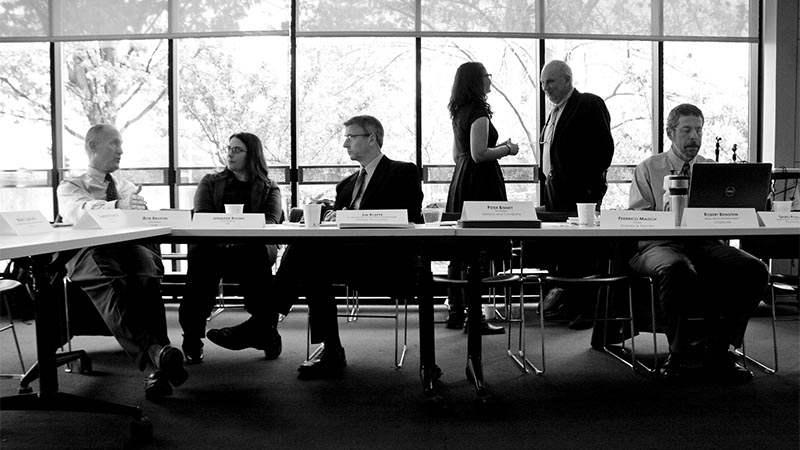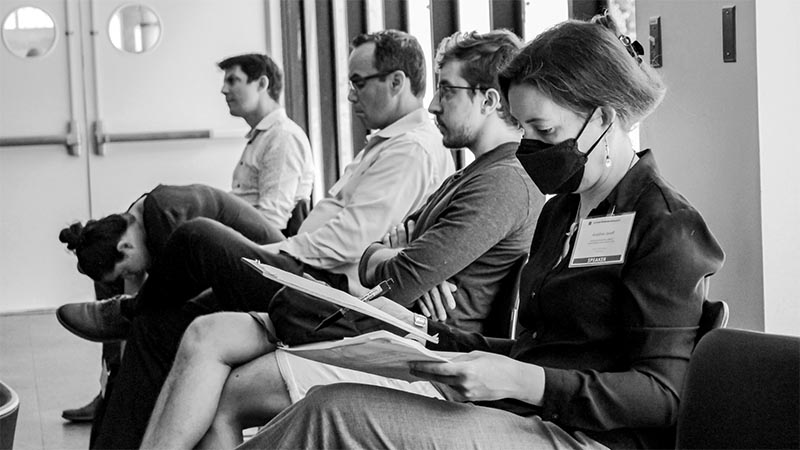Investment in infrastructure has traditionally been identified as a driver of growth and development. A central piece in the new 2030 global agenda, sustainable infrastructure helps to meet the targets defined in the Paris Agreement as well as the provision of basic services defined in the Sustainable Development Goals (SDGs). However, (i) the capital allocated to infrastructure investment is not sufficient to meet the demand and (ii) the quality of the projects that are currently developed (in most cases) do not follow special protocols or procedures to ensure that they are sustainable.

Decision-makers need to identify and understand the financial benefits of sustainability. Applied research on the return on sustainable investments will be useful to stakeholders. It is widely known that sustainable projects avoid impacts, risks, costs and negative externalities, but these often are not measured and are not shared with public officials and taxpayers. Understanding the types of costs, risks, and the probability of risks allows stakeholders to deliver informed project that anticipate and withstand or adapt to these risks, minimizing their overall vulnerability. Through the Business Case for Sustainable Infrastructure, the Zofnass Program intends to articulate, in terms of productivity gains, how sustainable infrastructure contributes to social, business, and safety resilience.

The Zofnass Program considers crucial to follow a multidisciplinary approach that considers the perspective of all stakeholders involved in infrastructure projects on the financial benefits of sustainable infrastructure. More often than not, infrastructure projects are implemented through a heavily siloed approach, wherein there is no communication among different sectors. In addition, engineering is separate from finance and investment. Training and research programs exist for each sector, which do not communicate with each other. Uncoordinated efforts hamper collaboration and the implementation of best practices.
Further resources
Research team
Program & Research Director
Prof. Spiro Pollalis, pollalis@gsd.harvard.edu
Research Associates
Judith Rodriguez, rodriguez@sustainableinfrastructure.org
Evgenia Hagistavrou
Dimosthenis Lappas
Eleonora Marinou
Cristina Contreras


